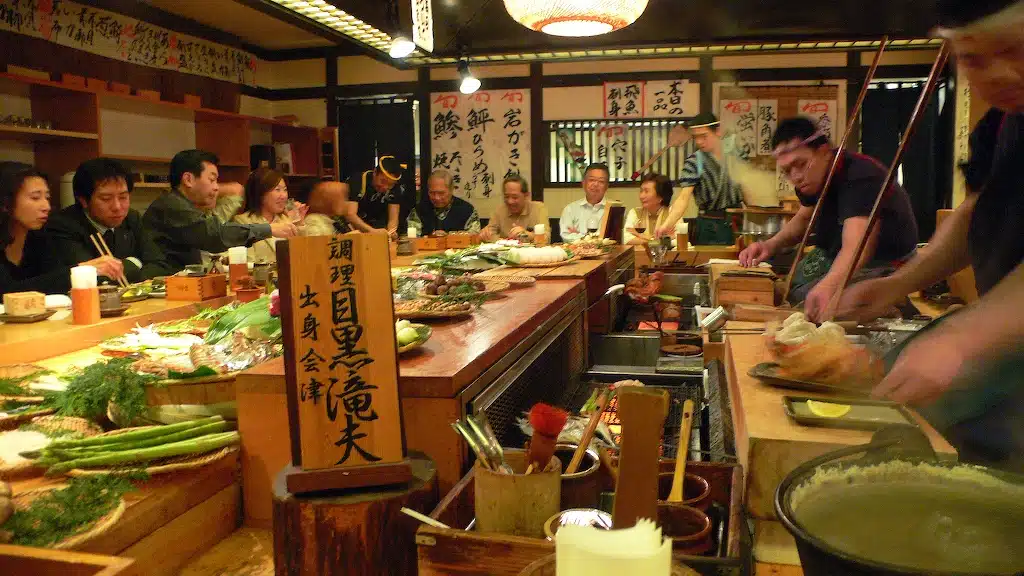Posted inQuestion about Japan
How do you compliment a Japanese guy?
This article provides an overview of how to properly and respectfully compliment a Japanese guy. It discusses the cultural context of giving compliments in Japan, tips for complimenting someone on their appearance, personality or accomplishments, and other important considerations such as avoiding physical contact, being aware of tone, avoiding comparisons, and not expecting anything in return.








